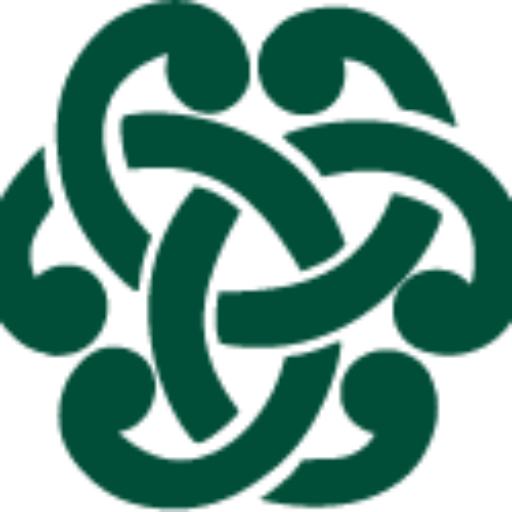Authors: LaShauna Britt, M.Ed., Daria Lorio-Barsten, M.Ed., BCBA, and Kara McCulloch, M.S.
At this time of the school year, you most likely have classroom routines and procedures in place. But is your classroom running as effectively and efficiently as you would wish, or do you find yourself saying the same things over and over? Are there students who still need frequent reminders about where to get a pencil or what to do once they have completed assignments?
To succeed, all must know what teachers expect in the classroom and be able to identify what those expectations look and sound like (Myers, Freeman, Simonsen, & Sugai, 2017). Effective classroom routines and procedures are evidence-based practices that maximize time for instruction (Simonsen, Fairbanks, Briesch, Myers, & Sugai, 2008). As such, they serve as a foundation for classroom management, which is vital to learning (Lester, Allanson, & Notar, 2017).
Reflecting on their practice helps teachers improve classroom effectiveness. So consider taking another look at your routines or procedures to fine-tune them or make improvements for your classroom. Below are examples of resources on classroom routines and procedures that can help teachers to adjust their practices, if needed, to create an effective classroom with maximized time for learning.
Resources on Routines and Procedures
- The Missouri PBIS Network highlights the Procedures to Consider Form, which provides a list to help teachers establish classroom routines and procedures.
- The Missouri School-Wide Positive Behavior Support Teacher Tool: Classroom Procedures And Routines provides a brief overview of classroom procedures and a teacher self-assessment tool for evaluating classroom routines.
- An excerpt from LessonLab Skylight, Determine Classroom Procedures Before School Starts, highlights general routines that teachers would want to have in place.
- The Classroom-Based Intervention Manual, created by The Center for Adolescent Research in Schools at the Lehigh University, provides teacher handouts on routines starting on page 74. The handouts provide helpful tips, examples of common routines (such as entering the classroom or turning in assignments), and an implementation integrity check form.
- The article 20 Must Teach Middle School Routines highlights specific middle school routines and procedures for an efficient classroom.
Classroom management routines reduce challenging behaviors and allow teachers to focus on instruction (Lester et al., 2017). The resources provided in this article can help you establish or refine structures in your learning environments. While setting up routines takes time and effort, the endeavor is well worth it. Structured routines and procedures save instructional time in the long run and provide an atmosphere of organization that maximizes student learning.
References
Lester, R. R., Allanson, P. B., & Notar, C. E. (2017). Routines are the foundation of classroom management. Education, 137(4), 398-412.
Myers, D., Freeman, J., Simonsen, B., & Sugai, G. (2017). Classroom management with exceptional learners.Teaching Exceptional Children, 49(4), 223-230.
Simonsen, B., Fairbanks, S., Briesch, A., Myers, D., & Sugai, G. (2008). Evidence-based practices in classroom management: Considerations for research to practice. Education and Treatment of Children, 31(3), 351-380.




